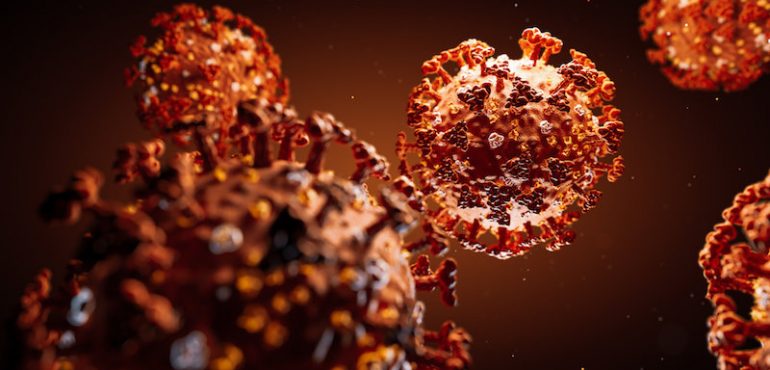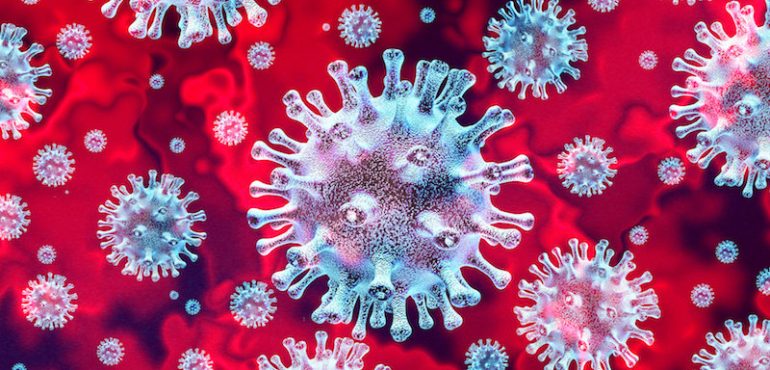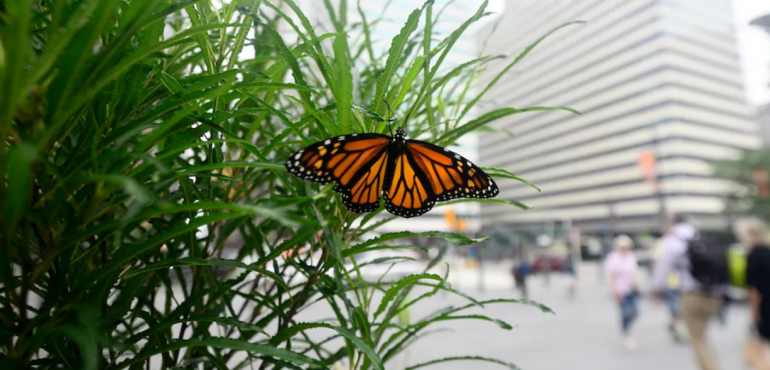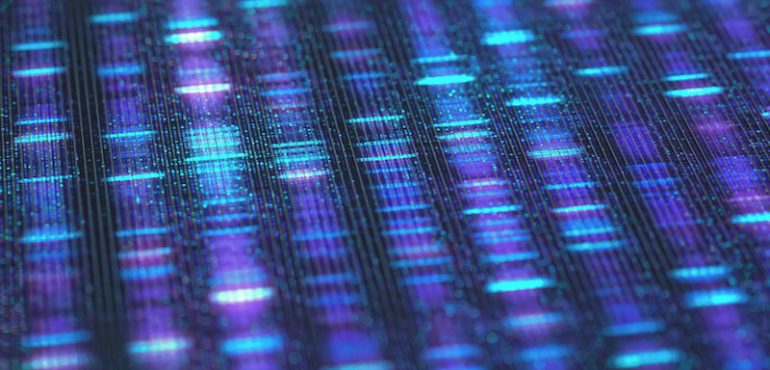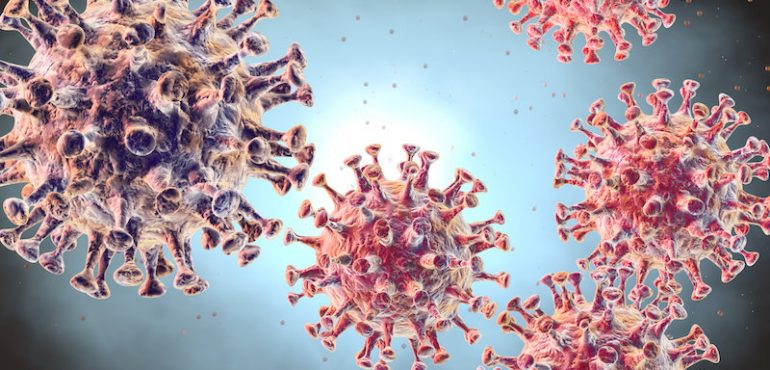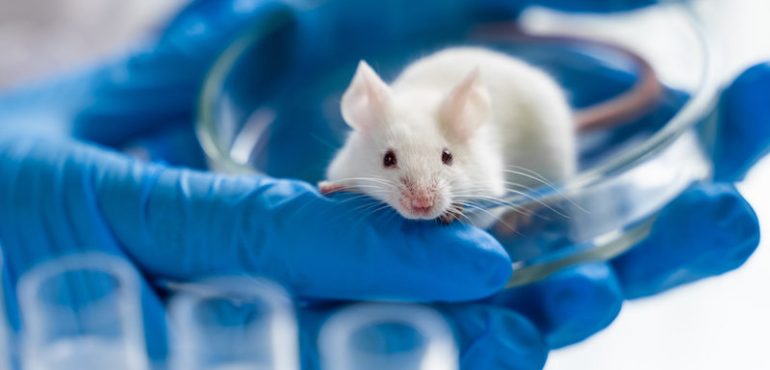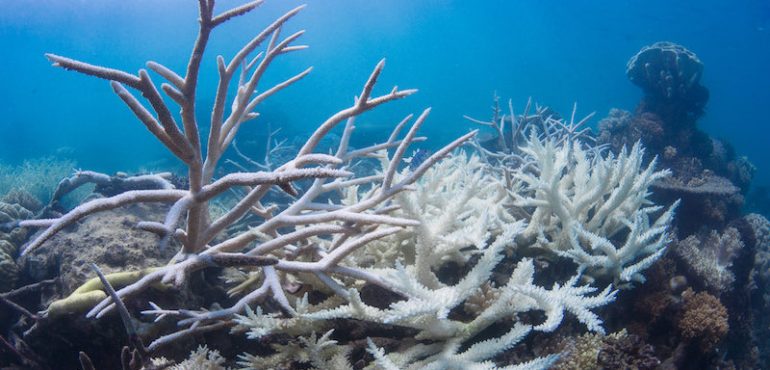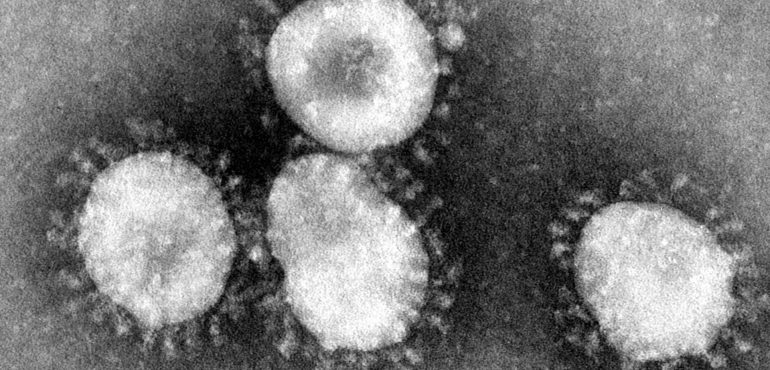The novel SARS-CoV-2 coronavirus that emerged in the city of Wuhan, China, last year and has since caused a large scale COVID-19 epidemic and spread to more than 70 other countries is the product of natural evolution, according to findings published today in the journal Nature Medicine. The analysis of public genome sequence data from SARS-CoV-2…
Read more
COVID-19 coronavirus epidemic has a natural origin
